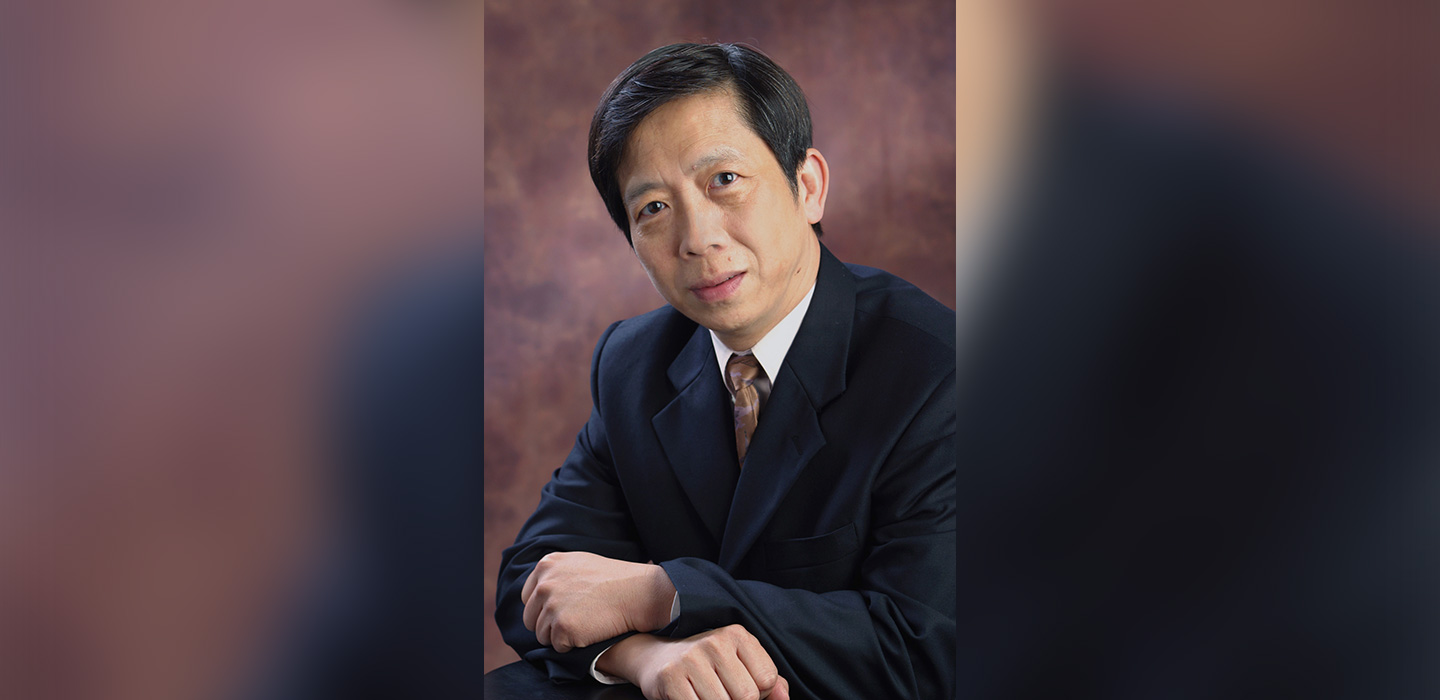Assoc Prof Lau Geok Theng of Marketing says students should participate more actively in such programmes: “Employers are now looking at work experience in resumes, not just academic results. The internship or the new start-up that a student helps to pioneer will demonstrate the skills honed during these stints, and indicate how well he will perform in real-life challenging environments.”
Prof Lau looks at the myriad of options available at the School:
Field exercises
Students apply what they have learnt in the classroom to the field. Armed with the study of say, the principles of retail store management, students are then sent to retail outlets, where they evaluate store design from layout to displays, assess its processes and check out its customer service and security. They then head back to class to furnish a critique.
Field study projects (FSP) practice – Guided by a professor, students carry out research on a selected project and propose recommendations for improvement. FSPs challenge students to deliver as they must ensure that their recommendations can be executed, and is not merely a paper exercise.
Case competitions
Students work under time pressure, usually 24 to 48 hours, to analyse a company’s current problems and make recommendations which will be critiqued by the senior management team. Students learn to be thorough in their proposals, work fast as well as be able to think on their feet.
Internships
Our career centre ensures that the internship positions involve meaningful tasks such as executing brand promotion or conducting research and analyses for managerial decisions. Internships offer students not only valuable work experiences, but also a chance to excel, and land a job with a potential future employer.
Business start-ups
The NUS Overseas Colleges (NOC) programme places students in start-up companies in entrepreneurship hubs such as Silicon Valley, Stockholm, and Shanghai. Such internships, which last for six months to a year, expose students to the challenges of a start-up process and hopefully, stir in them the passion to start their own business.
Student exchange programs (SEP)
These provide opportunities for students to live abroad, be exposed to foreign cultures, understand unique business environments and develop personal networks. SEP also prepares students for future overseas job postings when they start their careers.
Overseas study trips
Ranging from one to two weeks, such trips provide students with foreign exposure through company visits, networking sessions and university visits.
Says Prof Lau: “Experiential learning provides excellent learning experiences – students are exposed to the commercial world and interact with industry captains in their respective fields. Their minds are trained to deal with ‘’open-ended’’ situations and accept endless possibilities that cannot normally be found in a fixed theory or formula.”
In other words, experiential learning adds context, depth and realism to the overall education.
Interested in our NUS BBA programme? Click here.



